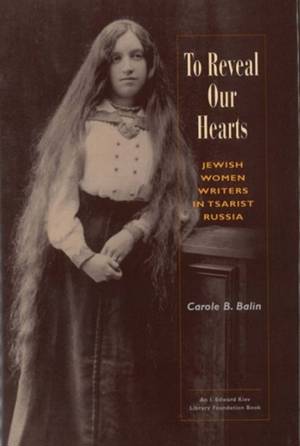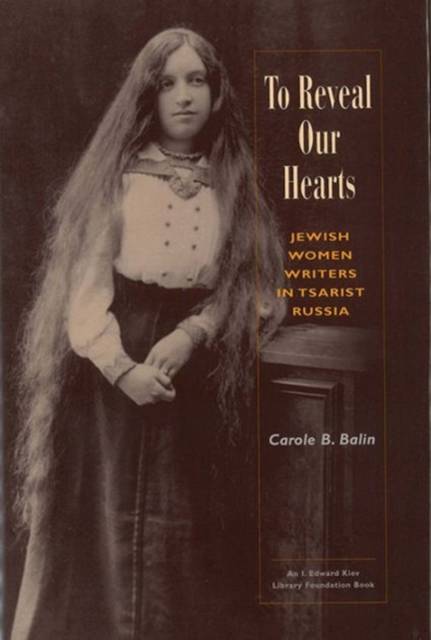
- Afhalen na 1 uur in een winkel met voorraad
- Gratis thuislevering in België vanaf € 30
- Ruim aanbod met 7 miljoen producten
- Afhalen na 1 uur in een winkel met voorraad
- Gratis thuislevering in België vanaf € 30
- Ruim aanbod met 7 miljoen producten
Zoeken
Omschrijving
Carole Balin introduces us to dozens of Jewish women writers from late nineteenth- and early twentieth- century Tsarist Russia, focusing on five who were among the most prolific. Their extant literary remains include not only fiction, poetry, drama, translations, and essays, but also memoirs, autobiographies, diaries, and letters.
Specificaties
Betrokkenen
- Auteur(s):
- Uitgeverij:
Inhoud
- Aantal bladzijden:
- 280
- Reeks:
Eigenschappen
- Productcode (EAN):
- 9780878204564
- Verschijningsdatum:
- 1/11/2000
- Uitvoering:
- Paperback
- Gewicht:
- 367 g

Alleen bij Standaard Boekhandel
+ 54 punten op je klantenkaart van Standaard Boekhandel
Beoordelingen
We publiceren alleen reviews die voldoen aan de voorwaarden voor reviews. Bekijk onze voorwaarden voor reviews.








